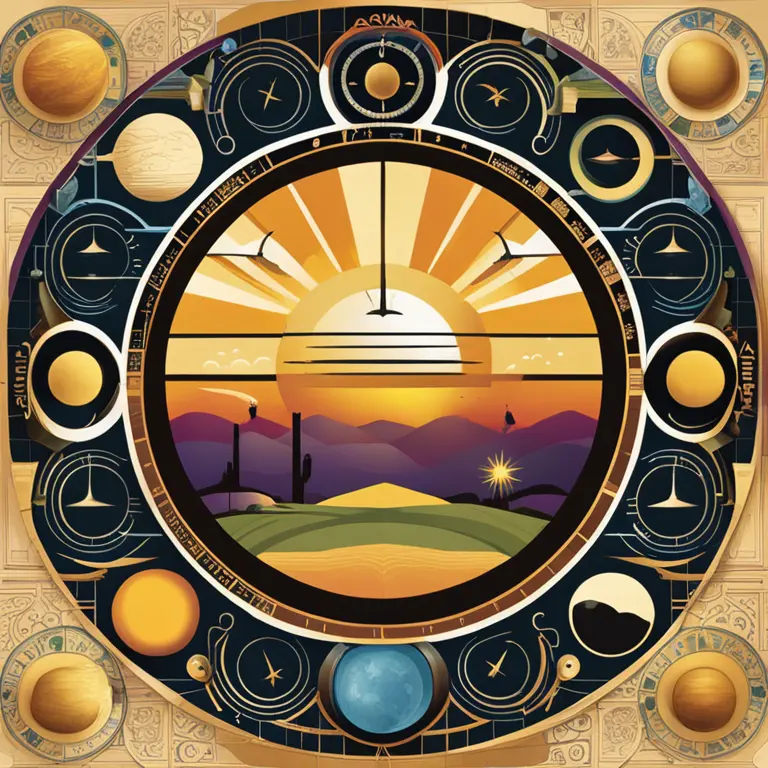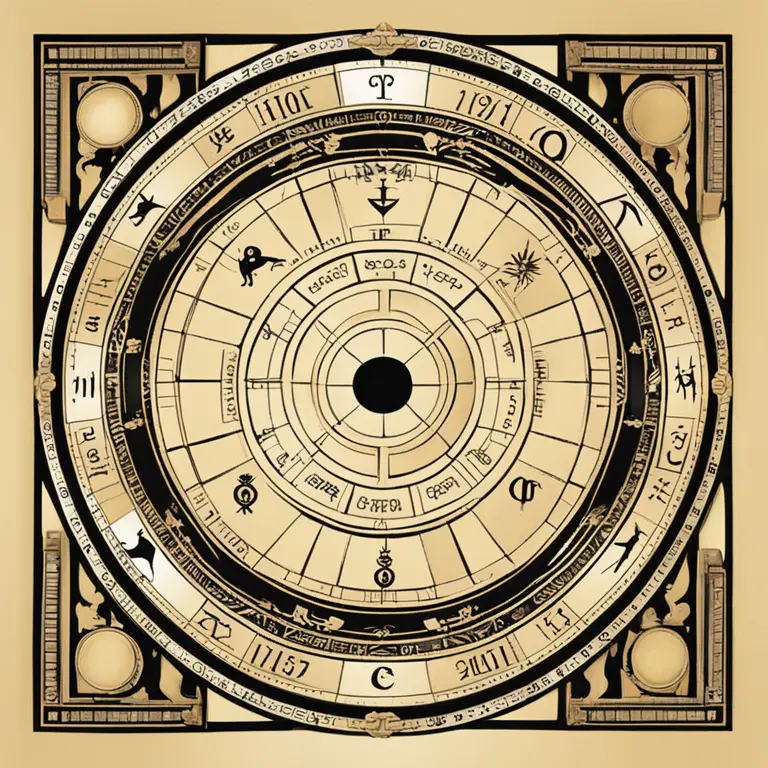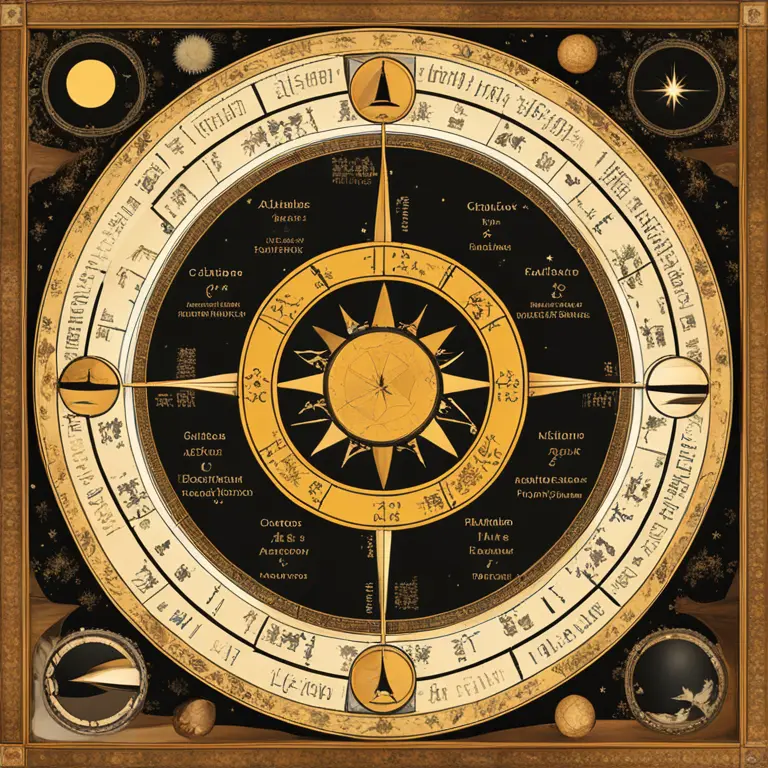
The Origins of Astrology: Who Pioneered the Cosmic Art?
A historical overview tracing the roots and invention of astrology, illuminating the ancient practice that connects human destinies with celestial patterns.
article by Priya Deshmukh
The Dawn of Astrology
Astrology's inception is shrouded in antiquity, with roots entangled in the earliest human civilizations. Unlike a single inventor, astrology is the cumulative product of numerous cultures each adding layers of complexity to the practice. Our earliest evidence points to the Babylonians who, by the second millennium BCE, had developed an elaborate system for predicting celestial events. This was a pragmatic tool initially intended for agricultural and seasonal purposes, rather than the personality and future divination it is associated with today.

From Babylon to Greece
As trade and conquest led to the exchange of knowledge, astrology transitioned to Ancient Greece where it transformed under Hellenistic influence. Figures like Ptolemy played a significant role in astrology's evolution with his work, 'Tetrabiblos', becoming the foundational text for astrological study in the West. The Greeks linked planetary movements with divine communication, giving rise to the astrological framework we're more familiar with—including the Zodiac signs.

Astrology Through the Ages
The passage of astrology from antiquity into the medieval era saw Arabic and European scholars preserving and expanding upon Hellenistic astrology. During the Renaissance, astrology experienced a revival, often patronized by the elite and intertwined with scientific inquiry. Notably, prominent historical figures such as Galileo Galilei and Johannes Kepler were versed in astrological practice, although the scientific revolution they contributed to eventually led to astrology's decline as a recognized science.

Modern Astrological Beliefs
In contemporary times, astrology has seen a resurgence, particularly as modern psychology and individual spirituality have evolved. The 20th century's New Age movement spearheaded a revival of interest in astrological practice. Now, with digital technology, online astrology platforms offer personalized horoscopes, creating a new age of digital astrology where algorithms augment ancient charts.

Relevance in the 21st Century
Astrology’s value in modern culture is often symbolic, providing individuals with a framework for self-reflection and identity exploration. Despite criticism by the scientific community, astrology thrives in an era dominated by technology and data analytics. Perhaps the intrigue lies in astrology's rich storytelling tradition, offering a universe where science and myth coalesce, and where every star has a tale as unique as the individual seeking meaning in it.
The Future of Astrological Practice
As we look beyond 2024, astrology's narrative continues to evolve with society. Debates on its validities are less about whom invented it and more about its role in modern discourse. Whether seen as a science or an art, astrology endures as a reflection of humanity's perpetual quest to understand our place in the cosmos. The stars' ancient glow now illuminates digital screens, ensuring the age-old practice endures in the collective psyche.
Published: 2/5/2024
Modified: 2/5/2024
More predictions
Come back here soon to learn more about yourself and your future


Zodiac Signs: Dates and Meanings
A concise guide detailing the dates and fundamental characteristics of the twelve zodiac signs.


Calculate Your Sun, Moon, Rising Sign Chart
Discover the insights of your birth chart: learn about your sun, moon, and rising signs to illuminate your astrological makeup.


Zodiac Signs' Essential Elements
Discover what each zodiac sign simply can't live without. Immerse yourself in the world of celestial necessitates unique to every sign.